Create Boundaries to Push Limits
Alexa is a 32 year old woman, with a demanding job in tech. Recently engaged, she hoped she would feel more excited, but she’s instead overwhelmed with work, feels guilty that she’s not more emotionally and physically available to her partner, and has distanced herself from friends and family out of concern that she won’t be “fun” and instead will be a burden. She ends up feeling like a robot, doing the same thing everyday, leaving her feeling empty and unsatisfied with life.
Photo by: Alex Tran
She’s not alone. As a psychiatrist, I see many people who present to my office reporting anxiety and depression related to feeling trapped and unsure of how to crawl out of the rut they’re immersed in.
When people are feeling stuck with emotional exhaustion, it’s a sign that one’s personal boundaries may need to be strengthened. Defined as “something that indicates or fixes a limit”, boundaries tell us what you will and will not allow in your personal space. They’re important because they preserve your needs (for safety, security, control, etc.) and make sure you’re living your life true to who you are and who you want to be.
How do I set boundaries?
We have to recognize that you’re supposed to have boundaries. They are healthy. Many people think that setting a boundary is disrespectful as it places a limit on someone else. Your boundaries are a reflection of your personal needs - everyone has needs. If you feel like you’re taking on too much, but feel bad/guilty/resentful towards the other, you are hurting yourself and making a choice to not prioritize your needs. By setting boundaries, you allow space to explore and live more truly to who you know yourself to be.
In order to even know where to draw a boundary, we need to be clear on our needs. Not our needs for the other person to change, but our needs. So, if you need your husband to step up in household or childcare duties, for example, perhaps you need to feel you’re in a partnership, need less responsibility in the house, need to feel supported, etc.
We often jump to needing another person to change, because deep down, we don’t accept our need, or we feel certain that we’ll be trapped in misery unless they change.
Own your needs. Unapologetically.
And know that you have choices. Push against your limits, perhaps of inflexible thinking, and challenge yourself to the idea that you have more choices than you’re allowing. Only then, from a more empowered perspective, can you look at your life and see where you can create a personal boundary that respects and attends to your needs.
Sign up for my newsletter to be notified when my resilience course becomes available.

